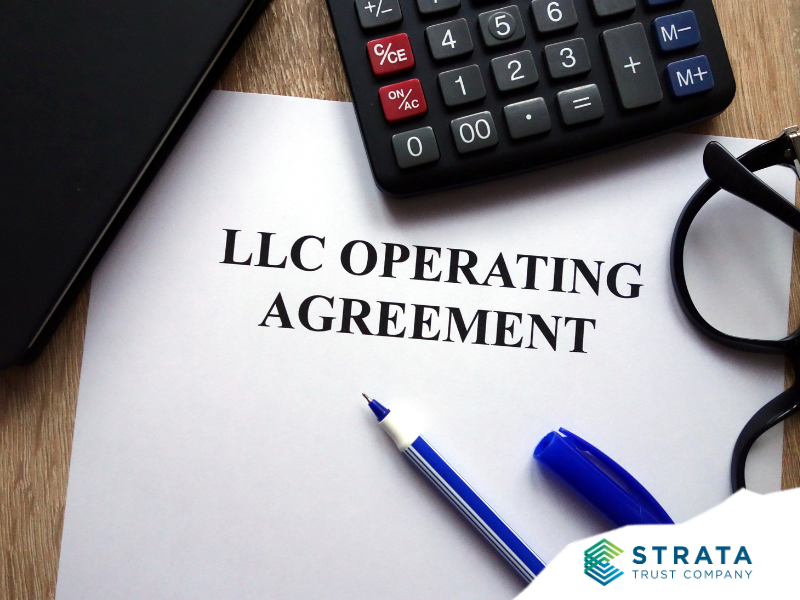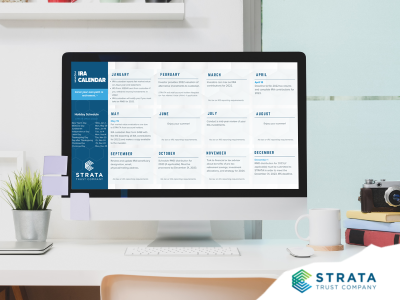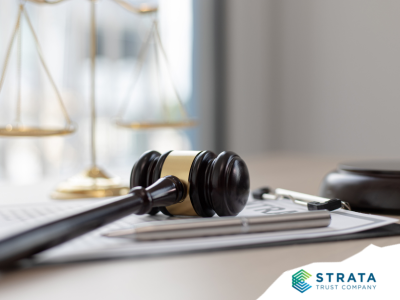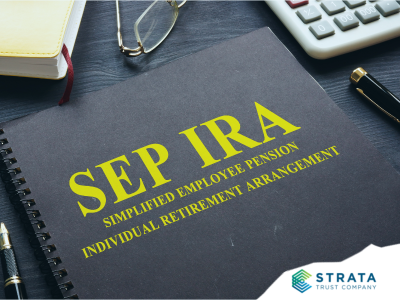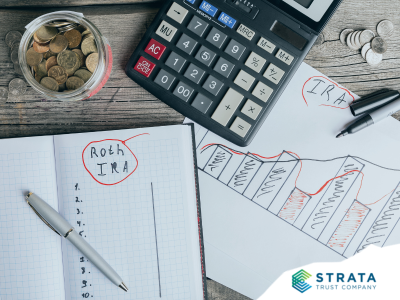Well, the simple answer is yes! A Limited Liability Company (LLC) is a popular alternative investment option for self-directed IRA (SDIRA) owners – in part because of the range of asset options available. Some examples of LLC-structured investments (which fall into the private equity category of alternative investments) range from partnerships investing in real estate ventures, to high-risk, high-reward investments in start-ups such as de novo banks.
Portfolio diversification is a well-known and proven investment strategy that helps reduce risk and provide more stable returns – in bullish and bearish markets. If you are considering adding an LLC-structured investment to your portfolio it’s important to fully understand the purpose of the LLC and any other ownership interests in the LLC to avoid a prohibited transaction and possible tax consequences.
What Is An LLC?
An LLC is a business entity established under state law that provides limited liability protection and pass-through taxation. It is similar to a corporation in that owners of the company have limited personal liability. Only the LLC, through its capital investment and undistributed profits, is subject to loss. Those who purchase shares – called units – are shielded from legal and financial liability that may be incurred by the LLC. Also, an LLC may be structured to pay federal income tax as a partnership. When taxed as a partnership, each owner of the LLC includes their portion of LLC income on their personal tax returns. This allows the LLC income to “pass-through” the company to be taxed as personal income rather than be taxed at the business level.
Owners of an LLC are called members and there is no maximum number of members per LLC. Most states do not restrict ownership, so members may include individuals, corporations, other LLCs, and IRAs.
Investing In an LLC With Your IRA
When an investor directs their custodian to purchase units of an LLC for their SDIRA, the IRA is the member and receives the benefits and income of the LLC. The IRA cannot be held liable for debts or other obligations of the LLC, and the profits pass through the business to the IRA. LLC profits in an IRA will be tax-deferred until the IRA owner takes a distribution from the IRA, and may be entirely tax-free with a Roth IRA. If the LLC is deemed to be conducting a business other than for investment purposes, however, the IRA may have to pay tax on “Unrelated Business Taxable Income (UBTI)” in the year the income is earned.
Benefits of LLC Investments
In addition to the limited liability, pass-through income benefits, and diversification options mentioned above, there are various reasons why an investor may choose to invest their assets in an LLC. For example, when the IRA joins other investors in the LLC, the larger pool of money allows the LLC (and each member) to invest on a larger scale, which can result in more opportunities and larger gains than what would be possible with just the IRA assets. For the organization, this means being able to raise capital quicker while remaining a privately held entity.
Another benefit for investors is that alternative investments like private equity allow the investor to have greater control when choosing investments that will meet their long-term retirement goals. With an LLC-structured real estate investment, the investor has the ability to generate income in retirement. Or, investors can choose to invest in companies that align with their personal values such as eco-friendly-focused entities.
Considerations Before Investing
In addition to considering the costs related to the establishment and management of the LLC, potential investors must also understand that investing in an LLC does not insulate the IRA owner from the prohibited transaction rules. For example, real estate could appear to create an arms-length transaction, but the prohibited transaction rules prevent IRA owners from doing indirectly what they would not be allowed to do directly.
The prohibited transaction rules are designed to prevent IRA owners and certain people or entities from improperly benefitting from an IRA investment. These rules prohibit transactions between an IRA and a “disqualified person.” Entities that have 50% or more ownership by any of these people are also disqualified persons. If an entity is a disqualified person, an officer, director, or more than 10% shareholder or partner of that entity, they would also be considered a disqualified person. For example, an IRA may not invest in an LLC that would be owned in equal shares by the IRA and the IRA owner’s adult child; neither could an IRA-owned LLC be managed by a disqualified member of the IRA owner’s family.
Additionally, some IRA custodians permit IRA owners to invest in a single-member LLC, where the IRA is the sole owner of the LLC. In this scenario, the IRA owner typically has checkbook control over the IRA assets to purchase investments and pay expenses through the LLC.
STRATA does not support checkbook control IRAs, single-member LLCs, or LLCs that are owned 50% or more by family members due to an increased risk for the investor. Checkbook IRAs are open to abuse because of the unrestricted control IRA owners have over these tax-advantaged, highly regulated assets. If an IRA owner intentionally or unintentionally violates the tax rules in the process of buying, selling, moving, or holding IRA assets, they can be subject to significant tax and penalties.
More Information
As with any investment, STRATA recommends performing your own due diligence and consulting a tax, legal, or financial professional before making any investment decisions.
To learn more about private equity investments like LLC structures, visit our Private Equity page or our Private Equity FAQs. If your organization is considering embarking on a capital raise, contact one of our SDIRA experts to learn how simple it can be to expand your offering to SDIRA investors.
